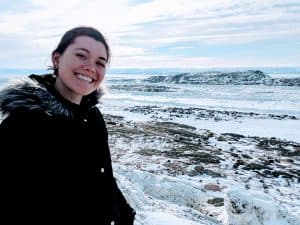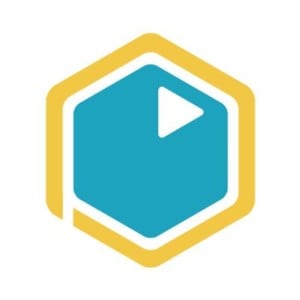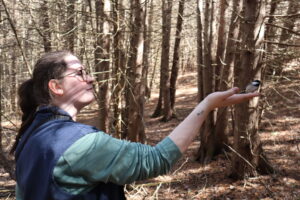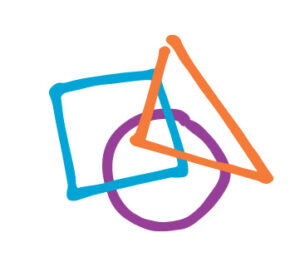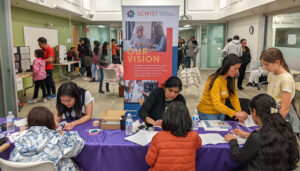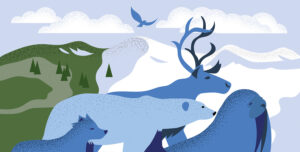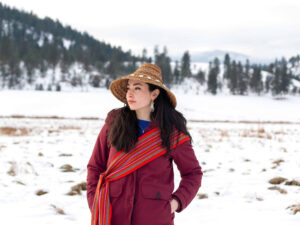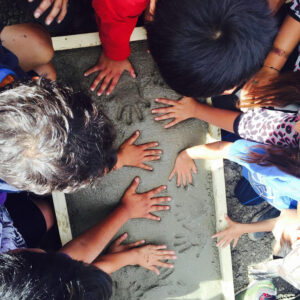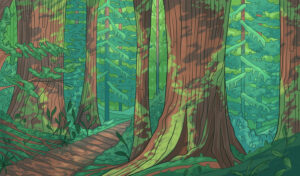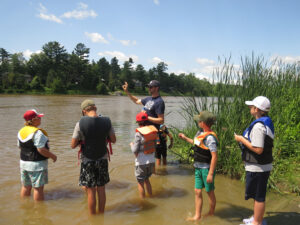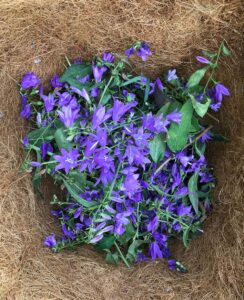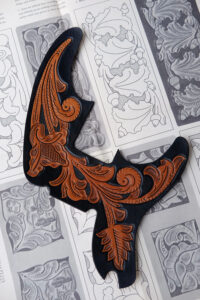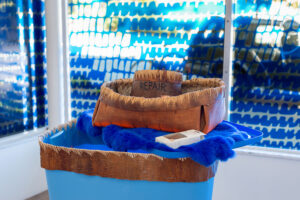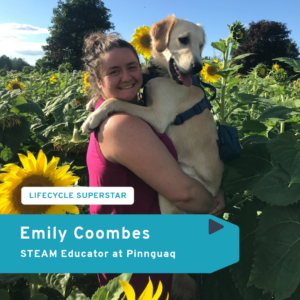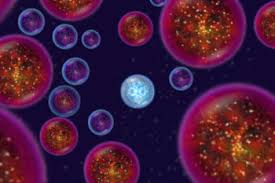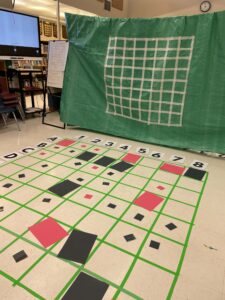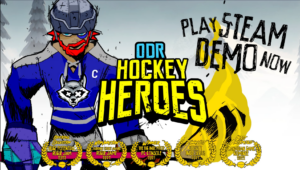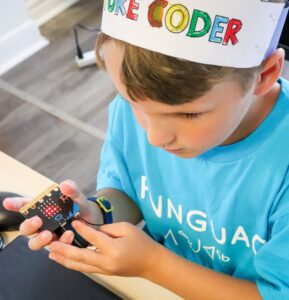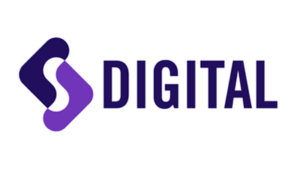Animals adapt, physically and behaviourally, as a means of survival, so they can reach their main food sources, fend off predators, and survive seasonal changes in the weather. Whether we realize it or not, we see the results of animal adaptation all the time, like when carnivorous animals rip flesh with their sharp canine teeth or when prey travel in herds because there is strength in numbers. Survival isn’t the only outcome, however; when animals develop new adaptations, they also develop new relationships with their environments. The monarch butterfly is a great example. Its larvae feed on milkweed leaves, which have a strong, distasteful odour and are poisonous. The monarch adapted so that it is able to digest this poisonous plant and because of its smell, predators keep away from the butterfly and its eggs.
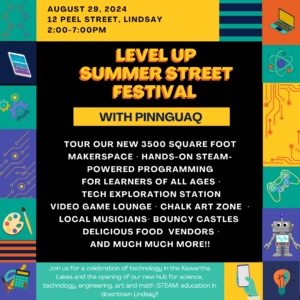
 August 22, 2024
August 22, 2024
